Effective August 1, 2024, Vermont introduces a 3% surcharge on short-term rentals. This surcharge is in addition to the existing 9% Rooms Tax and any applicable 1% Local Option Tax. Property owners and operators need to be aware of these changes to comply with state regulations and manage their rental business effectively. This article will break down the new surcharge, explain compliance requirements, and provide key takeaways to ensure you are fully prepared for these changes.
Who is impacted?
The 3% surcharge applies to short-term rentals, defined as furnished houses, condominiums, or other dwelling rooms or self-contained units rented to the transient, traveling, or vacationing public. Rentals must be for fewer than 30 consecutive days and rented for more than 14 days per calendar year. The surcharge does not apply to rentals in hotels or lodging establishments licensed under 18 V.S.A. Chapter 85.
Compliance requirements
Registration and collection
Operators of short-term rentals must:
Register with the Vermont Department of Taxes.
Collect the 3% surcharge along with the existing 9% Rooms Tax and 1% Local Option Tax (if applicable).
Remit these taxes electronically using Form MRT-441, Meals and Rooms Tax Return, starting with the August 2024 return due September 25, 2024.
Documentation and reporting
Operators must document:
The number of days rented.
The rental amount.
The taxes collected.
Specific scenarios that apply
The 3% surcharge applies to any rent collected on or after August 1, 2024. This includes rents for reservations made before August 1, 2024, as long as the payment is received on or after this date. However, if the rent is collected before August 1, 2024, the surcharge does not apply, even if the rental period itself is after August 1.
Licensing distinctions (lodging establishments vs. short-term rentals)
Hotels, motels, and bed and breakfasts must be licensed if they operate three or more guest rooms or units or prepare food onsite. Short-term rentals do not need a lodging license if they rent out two or fewer units and do not prepare food for guests onsite.
The 3% surcharge applies to short-term rentals that do not require a lodging license.
Online platforms and independent rentals
Rentals via online platforms
If you list your property on an internet rental platform, the platform is responsible for:
Registering with the Vermont Department of Taxes.
Collecting and remitting the necessary taxes, including the 3% surcharge.
Independent rentals
For rentals not managed through an online platform, the property owner must:
Register with the Vermont Department of Taxes.
Collect and remit the 3% surcharge, the 9% Rooms Tax, and any applicable 1% Local Option Tax themselves.
Reporting rental income
All rental income must be reported on your Vermont Personal Income Tax return. This includes income from short-term rentals, which is subject to Vermont Personal Income Tax in addition to the collected surcharges and taxes. You should ensure that your Vermont Income Tax Return includes this income to remain compliant with state tax laws.
Key takeaways for property owners
New Surcharge: A 3% surcharge on short-term rentals will be effective from August 1, 2024. This is in addition to the existing 9% Rooms Tax and any applicable 1% Local Option Tax.
Combined Tax Burden: With the new 3% surcharge, the total tax burden for short-term rentals can reach up to 13%.
Compliance: Property owners must register with the Vermont Department of Taxes, collect the required taxes, remit them electronically, and maintain accurate records. Compliance is critical to avoid penalties and ensure smooth operation.
Licensing: Understand the difference between short-term rentals and licensed lodging establishments. Short-term rentals that rent out two or fewer units without preparing food onsite do not require a lodging license, but they are still subject to the new 3% surcharge.
Platform Responsibilities: Online platforms like Airbnb or VRBO are responsible for registering with the Vermont Department of Taxes and collecting and remitting the necessary taxes if the property is listed on these platforms. Independent rentals require the property owner to handle tax registration and remittance themselves.
Income Reporting: All rental income from short-term rentals must be reported on your Vermont Personal Income Tax return. This includes the income earned from rentals, which are subject to Vermont Personal Income Tax in addition to the collected surcharges and other taxes.
For further guidance and support, consult with Angolano & Company today for expert advice on navigating these new regulations.

